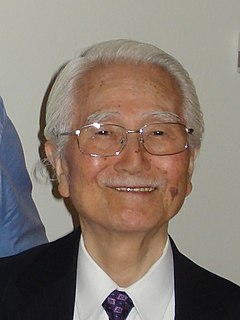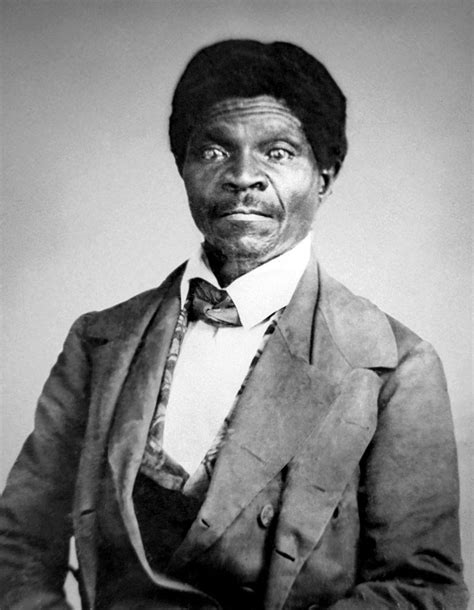A Quote by Franchesca Ramsey
The main problem with cultural appropriation comes from dominant groups 'borrowing' from marginalized groups who face oppression or have been stigmatized for their cultural practices throughout history.
Related Quotes
The Jews cannot be classed as a 'race' per se, they are an ethnic group. '...the Jews form an ethnic group; that like all ethnic groups they have their own racial elements distributed in their own proportions; like all or most ethnic groups they have their 'look,' a part of their cultural heritage that both preserves and expresses their cultural solidarity...they have developed a special racial sub-type and a special pattern of facial and bodily expression.
If you look back at history or you look at any place in the world where religious groups or ethnic groups or racial groups or political groups are killing each other, or families have been feuding for years and years, you can see - because you're not particularly invested in that particular argument - that there will never be peace until somebody softens what is rigid in their heart.
I think the driving force for cultural evolution is this desire for groups to be splitting off and separating and forming subgroups insofar as the environment will allow it. We see great cultural diversity and large numbers of cultures per unit area in regions of the world in which the environment is really rich.
For most of modern life, our strong talents and desires for group effort have been filtered through relatively rigid institutional structures because of the complexity of managing groups. We haven't had all the groups we've wanted, we've simply had the groups we could afford. The old limits of what unmanaged and unpaid groups can do are no longer in operation.
Since the notion that we should all forsake attachment to race and/or cultural identity and be “just humans” within the framework of white supremacy has usually meant that subordinate groups must surrender their identities, beliefs, values, and assimilate by adopting the values and beliefs of privileged-class whites, rather than promoting racial harmony this thinking has created a fierce cultural protectionism.


































